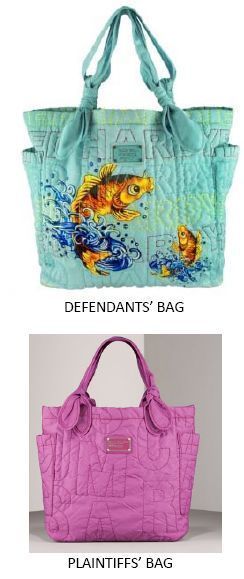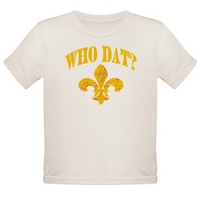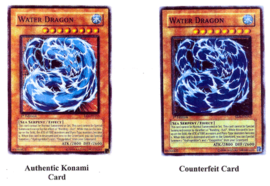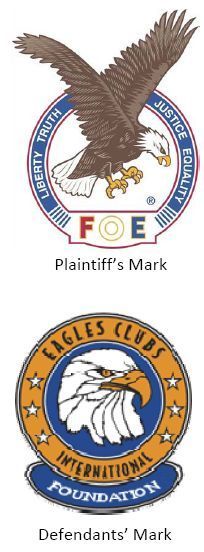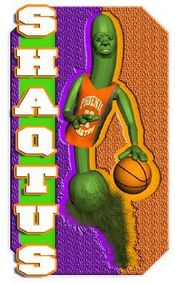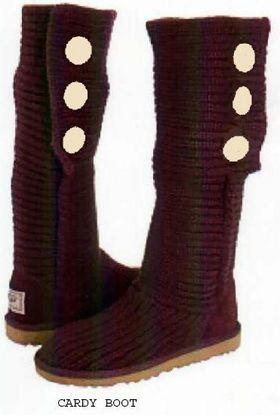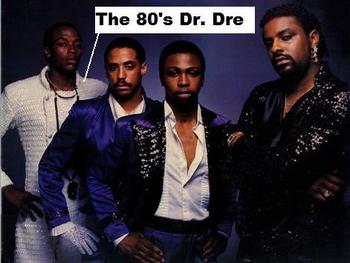 LA, CA – Dr. Dre, whose real name is Andre Young, sued the new Death Row records for trademark infringement, breach of contract, violation of the right of publicity, and unfair competition. The complaint claims that nothing has changed at Death Row: “meet the new boss, same as the old boss” and alleges:
LA, CA – Dr. Dre, whose real name is Andre Young, sued the new Death Row records for trademark infringement, breach of contract, violation of the right of publicity, and unfair competition. The complaint claims that nothing has changed at Death Row: “meet the new boss, same as the old boss” and alleges:
Whether you get thugged or the check just doesn’t come, it’s all the same — someone else has your money. And whether it’s a platitude-spouting, self-proclaimed soccer mom or a supposed gangster who isn’t paying you, it doesn’t change the fact that you’re not getting paid. Read the complaint here.
The rap star and record producer co-founded Death Row records in 1991 with Marion “Suge” Knight and began the gangsta rap movement. Few, however, remember Dr. Dre’s “less Gangsta” side when he was on the turntables for the World Class Wreckin Cru – but I digress. The parties verbally agreed that in exchange for payment of royalties to Dr. Dre, Death Row received a non-exclusive license to release sound recordings that he produced, composed and/or performed on. Dr. Dre’s first record release under the Death Row label was “The Chronic” in 1992, which was a huge success.
 Los Angeles Intellectual Property Trademark Attorney Blog
Los Angeles Intellectual Property Trademark Attorney Blog


